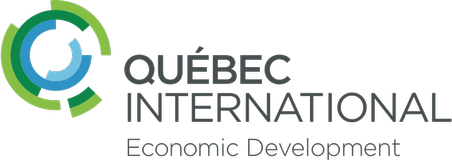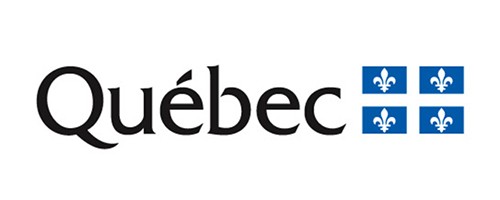The original article (in French only): Le Soleil
Of course, Coveo is the leader of the pack. With 750 employees worldwide, the company specialized in the design of AI-based search and recommendation engines for global retail giants needs little in the way of introduction. The company helmed by CEO Louis Têtu is poised to join the Toronto Stock Exchange in the coming weeks.
OPTEL Group (traceability and vision systems), LeddarTech (detection solutions for autonomous vehicles) and Creaform (portable and automated 3D measurement technologies) are other Québec City–based companies with global reach.
Start-ups are also carving out their place in the sun, with Botpress (conversational robots) and BioTwin (digital twins used for disease detection) two good examples.
An inventory conducted by Université Laval and Québec International has found at least 100 companies in the Québec City region that develop or use technology solutions involving AI.
A case in point is Patates Dolbec in Saint-Ubalde, which uses a camera inspection system backed by reference library of over 20,000 photos of potatoes to sort good vegetables from those with defects.
For their part, SBI International (a manufacturer of home heating products) and Ver-Mac (mobile road signage) have opted for technology tools that are connected to different databases and able to predict sales one year in advance.
AI: Is it for everyone?
“You don’t need to have reached full technological maturity to use AI in your business,” says Hughes Foltz, co-owner and executive vice-president of Vooban, a Québec City firm that supports organizations in their AI and digital transformation projects.
“Trying to connect everything and push data processing and analysis to the extreme is very complicated for businesses,” says Alexandra Masson, Director of Artificial Intelligence and Digital Solutions at Québec International.
“Even if they haven’t completed their digital transformation from A to Z, companies see the potential for using AI to drive efficiencies in certain areas,” she adds. “The important thing is that they are able to generate and recover data and put it to use. Data is the fuel for AI.”
Alexandra Masson and Hughes Foltz believe that AI can alleviate the plight of organizations grappling with labour shortages while at the same time improving their performance.
“AI makes human work easier. When it comes to repetitive tasks— like watching potatoes go by on a conveyor belt to catch those with defects—we humans are not that good. A camera designed for industrial applications, guided by AI technology, is second to none. At Patates Dolbec, the reliability of sorting operations has increased from 80% to 95% in just a few months,” explains Foltz.



